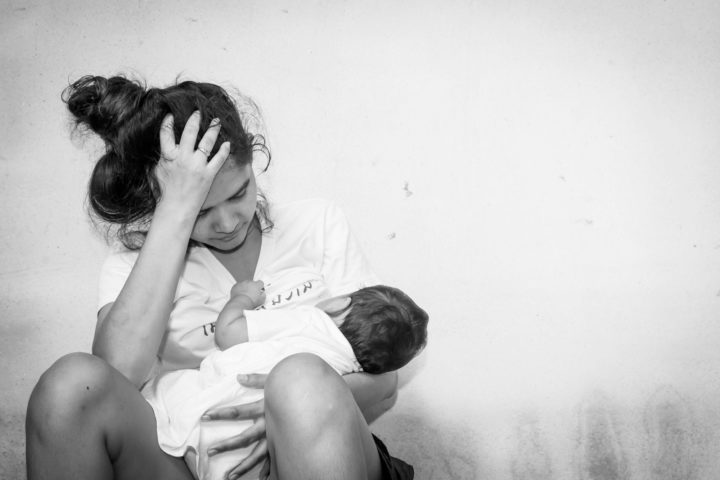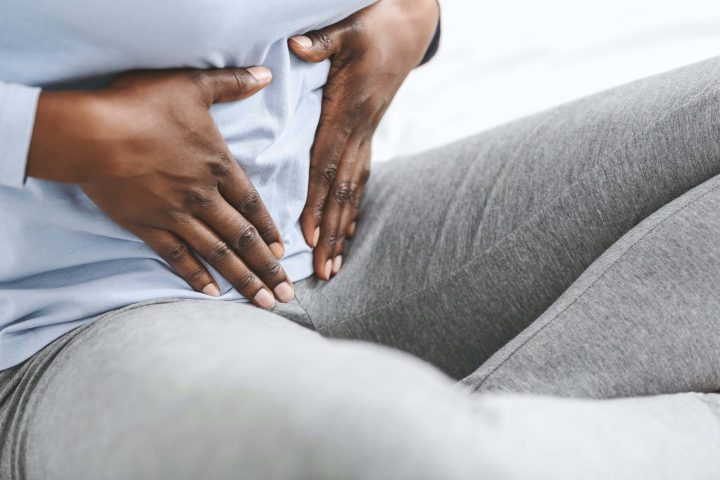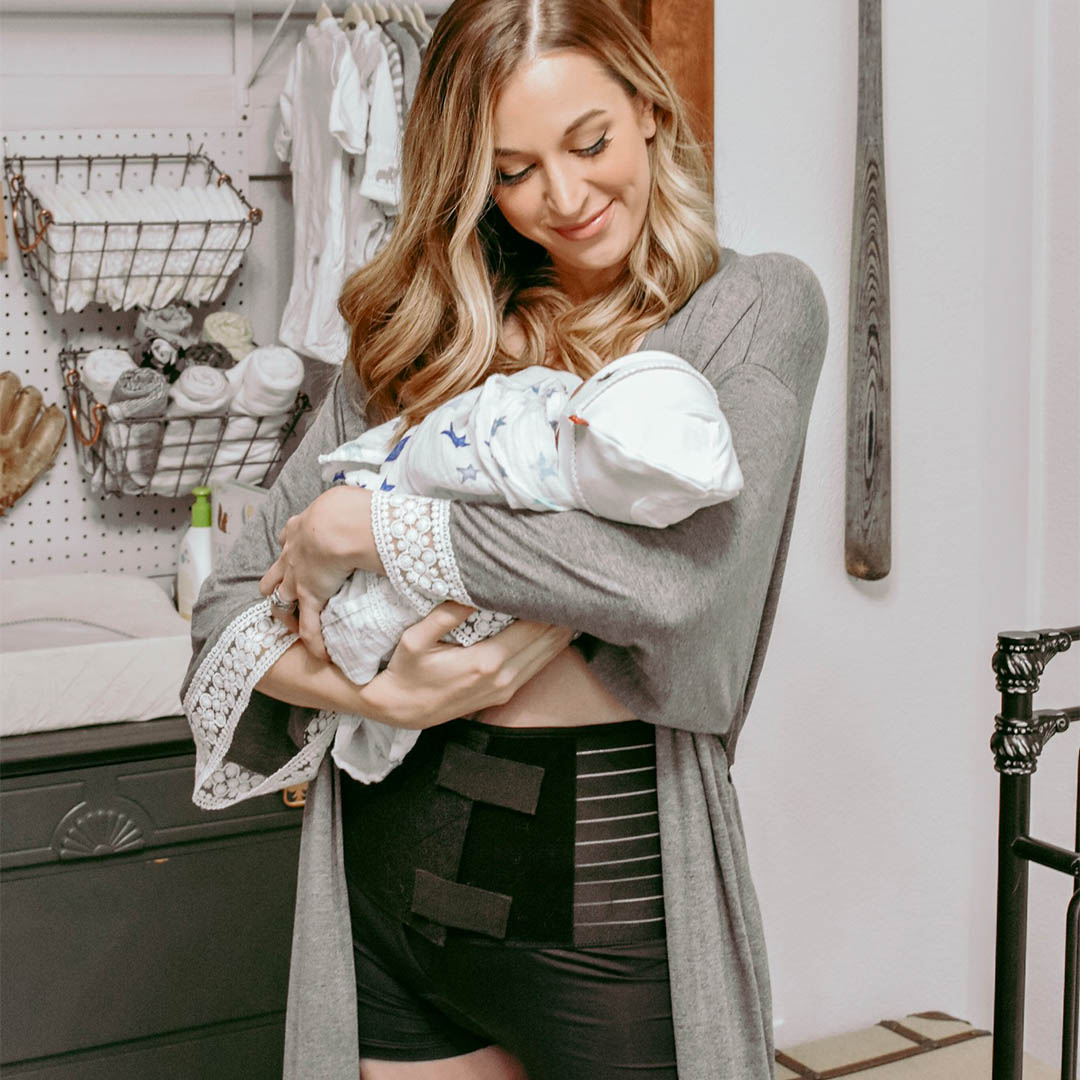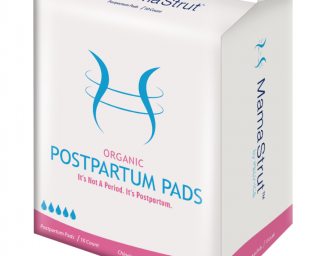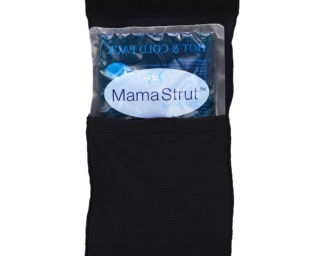Headaches can happen to anyone for any number of reasons. When a woman has headaches within the first six weeks after giving birth, these are called postpartum headaches, and they are a common complaint. Headaches can happen to anyone for any number of reasons. When a woman has headaches within the first six weeks after giving birth, these are called postpartum headaches, and they are a common complaint. These headaches occur in approximately 34 percent of women and they usually can start within just a few days of giving birth.
Causes of a Postpartum Headache
Your body goes through a lot of hormonal changes after giving birth, which can trigger headaches. Hormone changes happen too quickly for the body, so the sudden shift can bring about a headache. If you experience headaches while breastfeeding, it is also due to hormonal fluctuations.
Dehydration is a common cause of postpartum headaches, because your body is removing the excess fluids it was containing while you were pregnant, so staying hydrated during this period is important. This can help alleviate or prevent a headache.
Stress and exhaustion are both triggers for postpartum headaches. Having a new baby is stressful, and new parents tend to lose sleep in the beginning of their baby’s life.
How to Relieve a Postpartum Headache
There are plenty of ways you can work to alleviate a headache. You may worry that taking medications will interfere with breastfeeding, but there are medications you can take that will not contaminate your breast milk. You can safely take Tylenol, NSAIDs like ibuprofen, some migraine medications, and some triptans; if you are unsure of if your medication is risky, consult with your doctor.
If stress or exhaustion is the cause of your postpartum headache, try to make some time to sleep and rest on your own for a while. Getting a good night’s sleep can do wonders for your headaches. Caffeine is another possible method for relieving a headache, so long as you drink it in moderation.
If the cause is dehydration or a lack of food, eat a good meal and drink some fluids. You may have been too busy with your new baby to stop to eat or drink, but this is especially important to do in the days after you bring your new baby home. If you are having trouble sitting down for a meal, try putting together a small plate of healthy snacks that you can graze from throughout the day. Having the food out and ready can help make you want to eat it.
When to Contact Your Doctor
While postpartum headaches are not usually dangerous, you should still contact your doctor if the headache lasts longer than 24 hours or is not relieved by normal measures. If the headache is more severe than normal, or the pattern or severity changes suddenly, or if you have a fever or stiff neck, you should contact your doctor. Experiencing these symptoms may indicate a more serious underlying condition, so alerting your doctor early can make a difference.


